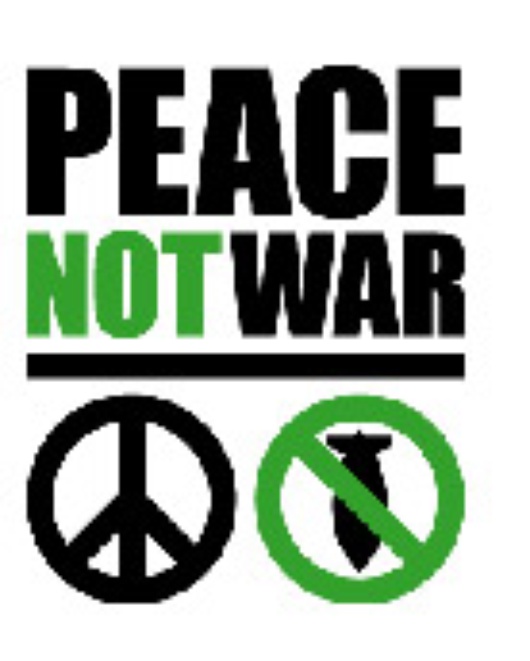For a Europe of Peace
Published on
Kate Hudson, Chairperson for the Campaign for Nuclear Disarmament in the UK, writes on why Europe must steer clear of the path chosen by the US
 The world has become increasingly unstable over the past few years and has faced new challenges in terms of peace and security. Global tensions have been increased by the world’s only remaining superpower, the United States of America, which has responded inappropriately to acts of terrorism and chosen to pursue an increasingly aggressive foreign policy. This includes resorting to illegal ‘pre-emptive war’ and acting often in a unilateral fashion, rejecting international law and treaties. The US has also changed its attitude towards nuclear weapons: it now sees them as part of a ‘useable’ arsenal and is planning to develop new targeted mini-nukes, such as nuclear ‘bunker busters’, which it would consider using even against a non-nuclear weapons state.
The world has become increasingly unstable over the past few years and has faced new challenges in terms of peace and security. Global tensions have been increased by the world’s only remaining superpower, the United States of America, which has responded inappropriately to acts of terrorism and chosen to pursue an increasingly aggressive foreign policy. This includes resorting to illegal ‘pre-emptive war’ and acting often in a unilateral fashion, rejecting international law and treaties. The US has also changed its attitude towards nuclear weapons: it now sees them as part of a ‘useable’ arsenal and is planning to develop new targeted mini-nukes, such as nuclear ‘bunker busters’, which it would consider using even against a non-nuclear weapons state.
Not another Hiroshima
By any measure these are alarming developments, and those of us living in Europe are naturally concerned about what we can do to help bring a greater measure of peace and stability to the world. In the wider context, the way to do so seems clear: just and equitable relations between nations; mutual respect amongst faiths and peoples; fair-trading and even development. All these principles would help ultimately to eradicate many of the tensions in the world. But in policy terms what should we be striving for today? The answer is respect for international law and working within the framework of the United Nations. Europe must strengthen the United Nations, not follow the US road of bypassing it (as it did over the war in Iraq). Alongside this must come a rejection of militarism, because war - particularly nuclear war - is not the answer to the world’s complex problems. In this 60th anniversary year of the bombing of Hiroshima and Nagasaki, we would do well to remember the devastating impact of these nuclear weapons. Not only of the immediate blasts and firestorms, which killed over 180 000, but of the radiation which killed tens of thousands in the days, and years, that followed – the cancers, birth defects and other side effects.
Challenges facing pacifism
Those of us who support the policy agenda I have outlined face serious challenges in Europe today. Firstly, that of the proposed EU Constitution, which will clearly result in the increased militarization of Europe as it promotes improved military capabilities and the massive extension of EU capacity for interventions. The recent orientation by the US towards illegal interventions should not be pursued by Europe. We have to stand up against it and reject any notions that somehow European interventions would be humane – after all, we should not forget the relatively recent horrors of European colonialism around the world.
Secondly, we face a big challenge in the shape of NATO. Much of Europe is now integrated into NATO, but how many of us are aware that NATO has a first-use nuclear policy, and that around 480 US nuclear weapons are littered across Europe, mostly in countries that are not themselves nuclear weapons states? The UK, which also has its own nuclear weapons system, hosts 110 US free-fall nuclear bombs at the Lakenheath air base in East Anglia; around 150 are kept in three bases in Germany; 90 in south-eastern Turkey, 90 in Italy, and 20 each in Belgium and the Netherlands. Given the US’s current war-like posturing, this is bad news for Europe. Where will the US attack next? Iran? And will it use these weapons?
Under international law, a nuclear weapons state is prohibited from transferring nuclear weapons to a non-nuclear weapons state, so these weapons should leave the European continent on legal grounds as well as moral and political ones.
Now is the time for peace-loving people in Europe to stand up for the values that can bring real peace to Europe and the world. Fighting to uphold international law across the world and against the militarization and ‘nuclearisation’ of the EU would be a very good start.



